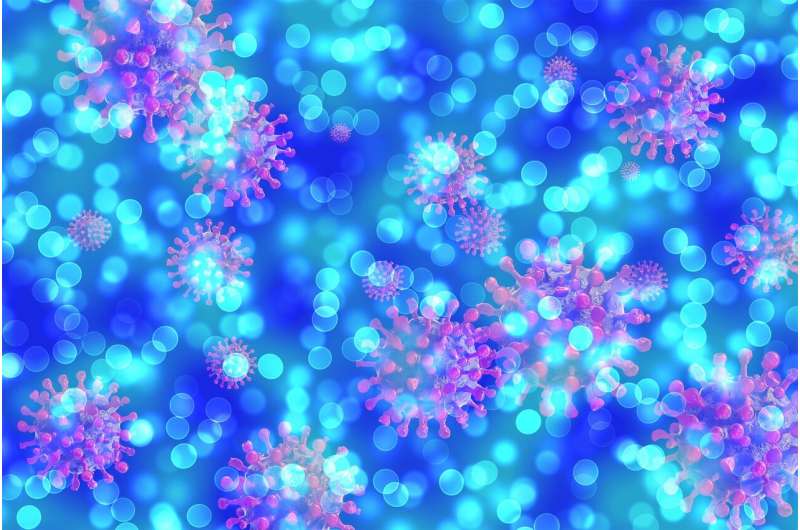Microbiota's Future Role in Diagnostics and Therapy: Insights from Experts

Experts predict that microbiota-based diagnostics and therapies will become a cornerstone of personalized medicine within the next decade, transforming clinical practice through biomarker development and innovative treatments.
The potential of microbiota in clinical diagnostics and therapeutics is advancing rapidly, with experts projecting significant changes within the next 5 to 10 years. An insightful article published in Cell highlights how microbiome-based applications could bridge the gap between research and clinical practice, facilitating personalized medicine approaches. Despite extensive research, current clinical use remains limited due to several challenges, including the complexity of establishing causal links between microbiota composition and diseases, the intricacy of designing comprehensive clinical studies, logistical hurdles like funding and multicenter collaborations, and cultural barriers rooted in physicians' unfamiliarity with microbiome science. Nonetheless, promising areas include using microbiota as biomarkers for early disease detection—especially in colorectal cancer—predictors of therapy response in oncology, and tools for differential diagnosis in conditions like ulcerative colitis versus Crohn’s disease. Therapeutic strategies such as refined fecal transplants, bacteriophages targeting pathogenic bacteria, and engineered probiotics are advancing, alongside innovations in microbiota-based diagnostics like colon cancer screening tests and response predictors for immunotherapy. Experts like Dr. Gianluca Ianiro and Prof. Giovanni Cammarota emphasize the importance of standardizing microbiome research, improving clinical trial designs, and fostering collaboration between scientists and clinicians to accelerate integration into everyday medicine. Overall, the field is poised to revolutionize personalized healthcare by harnessing the microbiome’s diagnostic and therapeutic potential in the near future.
Stay Updated with Mia's Feed
Get the latest health & wellness insights delivered straight to your inbox.
Related Articles
Promising Oral Medication for Treating Fatal Childhood Brain Disease
A new oral drug, leriglitazone, shows early promise in reversing or halting the progression of fatal childhood brain disease cALD, offering hope for safer, more accessible treatment options.
Innovative Study Uses Toenail Clippings to Assess Long-Term Radon Exposure and Lung Cancer Risk
Researchers are testing a new method using toenail clippings to assess long-term radon exposure, a key factor in lung cancer risk, potentially improving prevention and screening efforts.
Addressing Gaps in Hepatitis C Treatment Among Vulnerable Populations
Recent research highlights disparities in hepatitis C treatment among children and pregnant women, emphasizing the need for targeted strategies to eliminate the virus and improve care for vulnerable populations.



